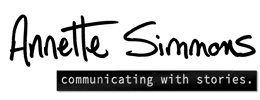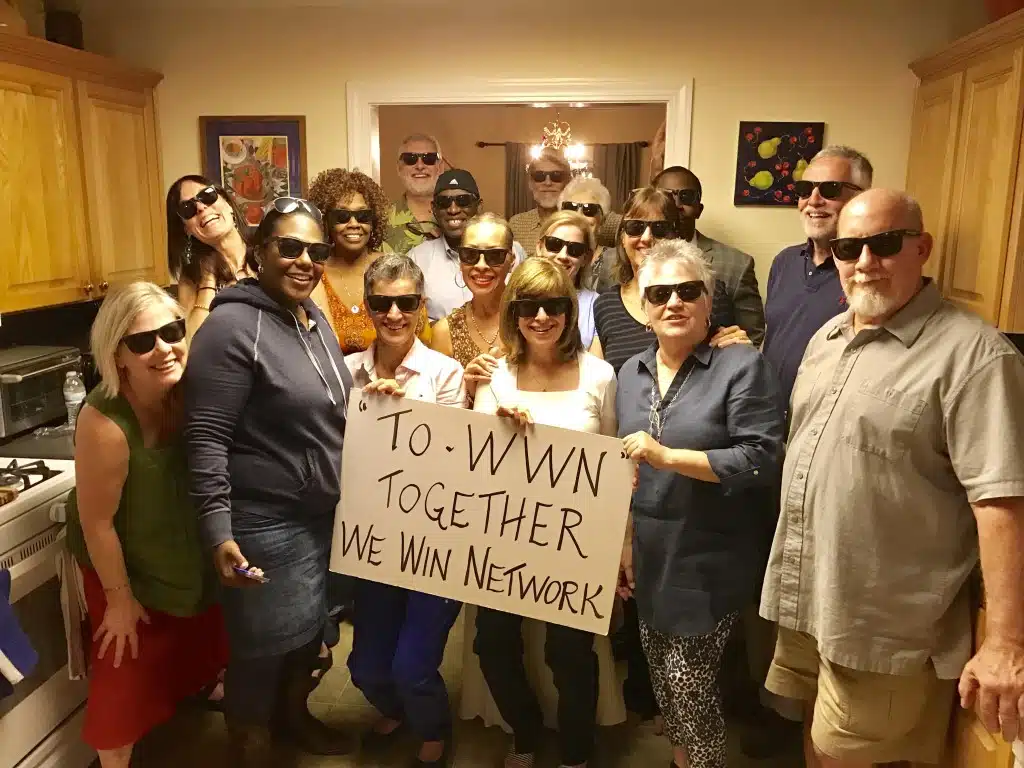Meaning Makers
Any storyteller can train herself to ensure her stories support meaningful feelings. The first step is to acknowledge the numbers won’t always reflect the emotional payoffs of deferred self-interest. The second step is to decide to do it anyway. This kind of storyteller actively practices meaningful personal strategies that balance the needs of her circle of moral concern as well as her own needs. This is the sweet spot where we find meaning. Supporting others is an inside job that offers intangible rewards we collectively refer to as a meaningful life. This isn’t a new idea and it isn’t new to call ourselves out when we sense that meaninglessness might be reaching dangerous levels. Sixteenth-century poet John Donne started his famous poem with the phrase “no man is an island” and ended with the admonition “therefore never send to know for whom the bell tolls; it tolls for thee.”
It has always been the storyteller’s job to make the world feel more meaningful and help people feel more connected. Humans have intuitively understood the danger of isolation, and many cultural stories teach us specific ways to avoid being left alone. Most of these cultural lessons are variations on the theme: “Don’t be a jerk.” Maurice Sendak’s book Where the Wild Things Are uses only 338 words to illustrate the need to balance personal freedom with love of family. Nobody needs an evidence-based definition of a jerk supported by cost-benefit analyses. For a long time, the stories we shared ensured that most people knew a jerk when they saw one—particularly if he or she was staring back from the mirror. Now, not so much, which means more jerks, more loneliness, and more isolation.
Medical science proves our intuitive fear of isolation is well founded. Our bodies treat isolation like a mortal threat, fueling inflammation for autoimmune diseases just as our supercharged technology-mediated culture creates even higher levels of isolation. It is possible that placing all our faith in technical solutions temporarily stole our faith in social norms that have for centuries taught us—not all, but enough of us—to protect ourselves from isolation by practicing tolerance, forgiveness, and empathy. Well-intentioned efforts to evangelize the power of technical reasoning may have inadvertently starved our cultural faith that protecting family time and other rituals that preserve meaningful connections are more important that the profits we gain by forfeiting connections.
Faith in the inherent value of moral motivations is either sustained with personal experiences and stories that keep that faith alive, or it isn’t. There must be a good reason that we crave stories that show how suffering is meaningful. The cherished Charlotte’s Web is, after all, about a spider who places her friend Wilbur’s life above her own. Nietzsche’s observation that “he who has a why can endure any how” sustained Viktor Frankel as he recounted his suffering in concentration camps in his book Man’s Search for Meaning. Humans crave stories that show how love, trust, honesty, and justice prevail in spite of selfishness or greed. We crave these stories like we crave water—and they may be just as important for our survival. The stories we tell become the maps we use to chart our lives. If we perpetuate stories that unintentionally send the message that money can buy love, people act accordingly. Lucky for us, it doesn’t take long to realize substituting money for love is a pretty lonely story.
Excerpt from Chapter 12, 3rd ed. of The Story Factor (2019) AUDIBLE VERSION HERE


